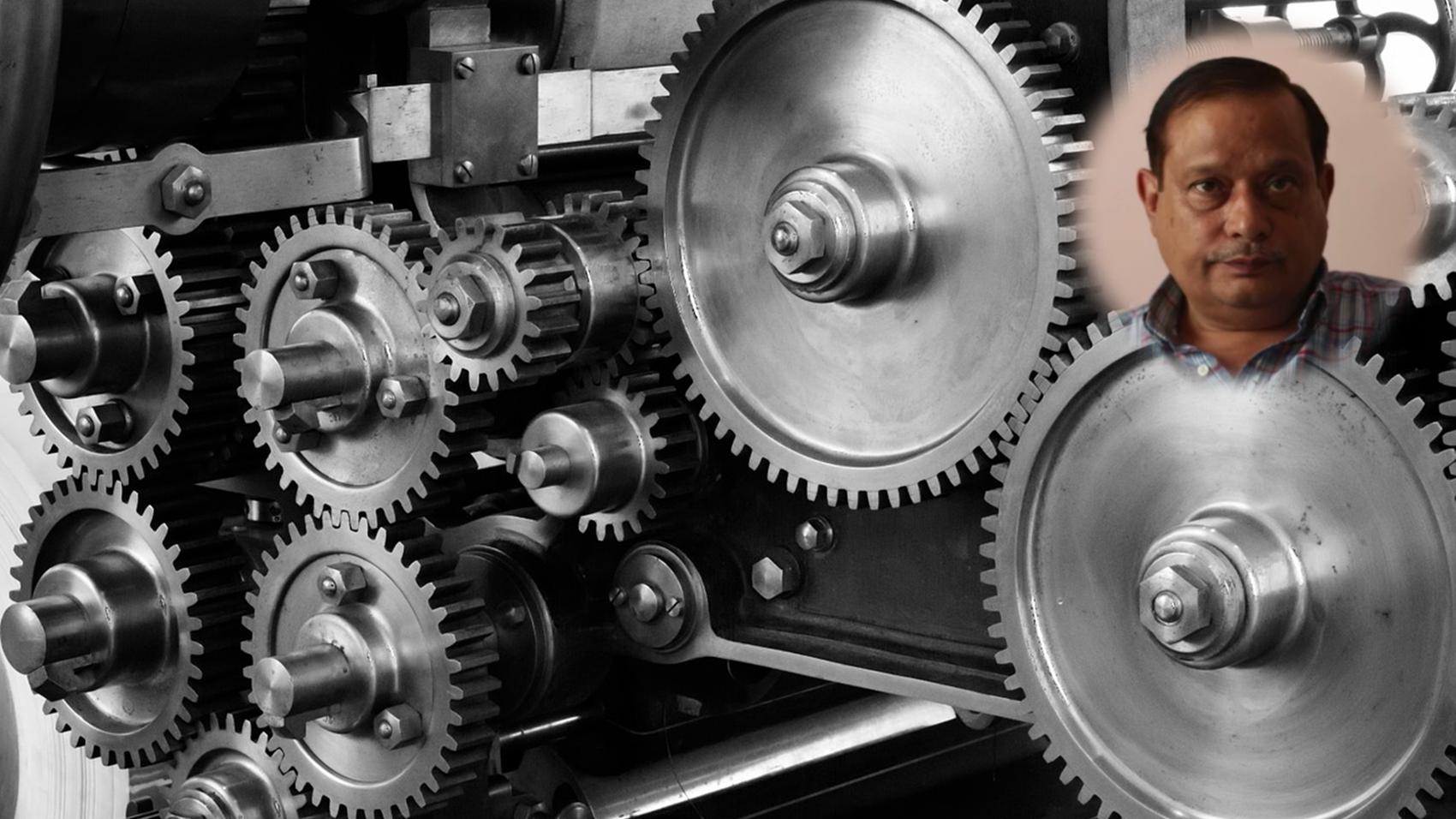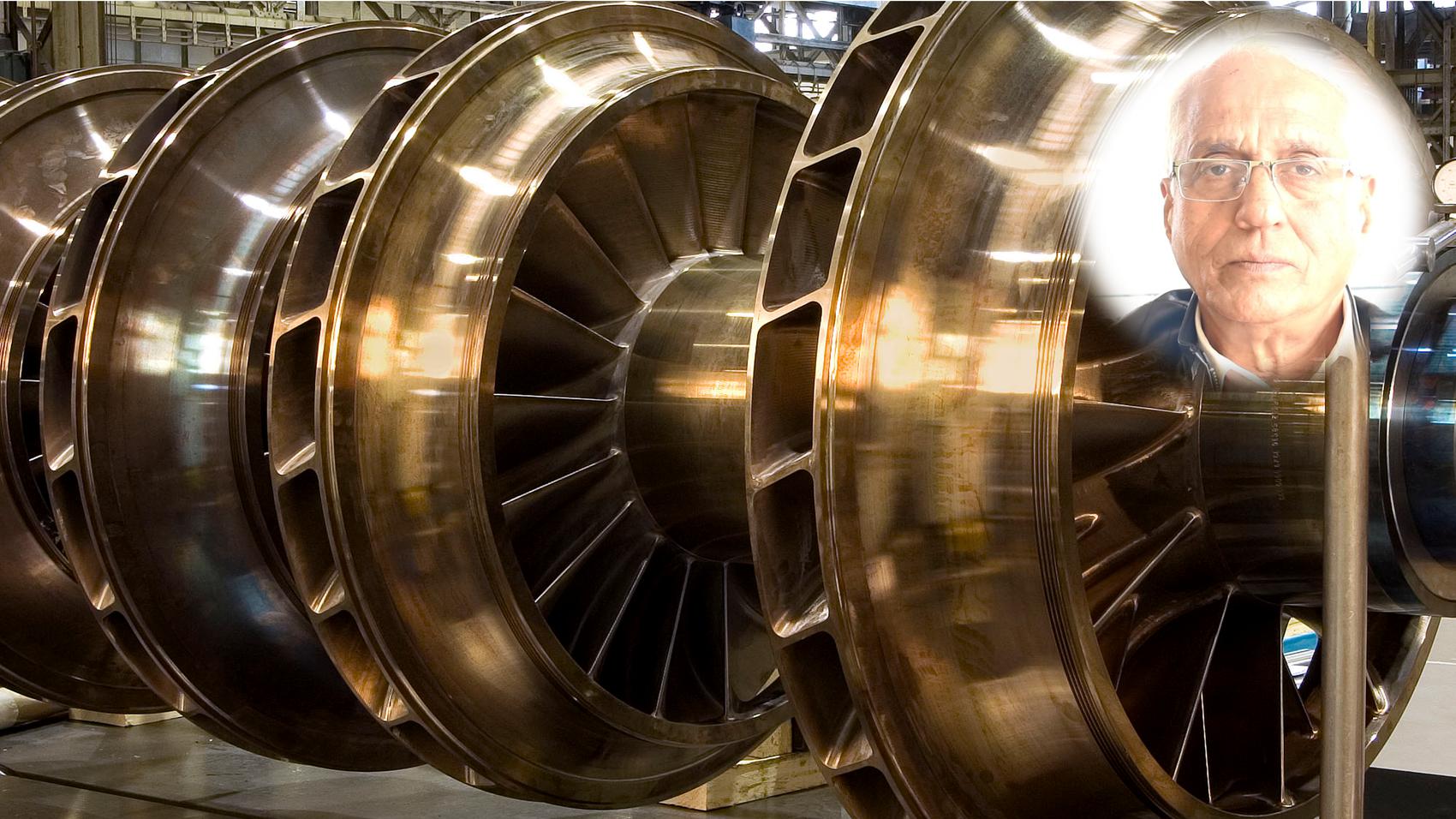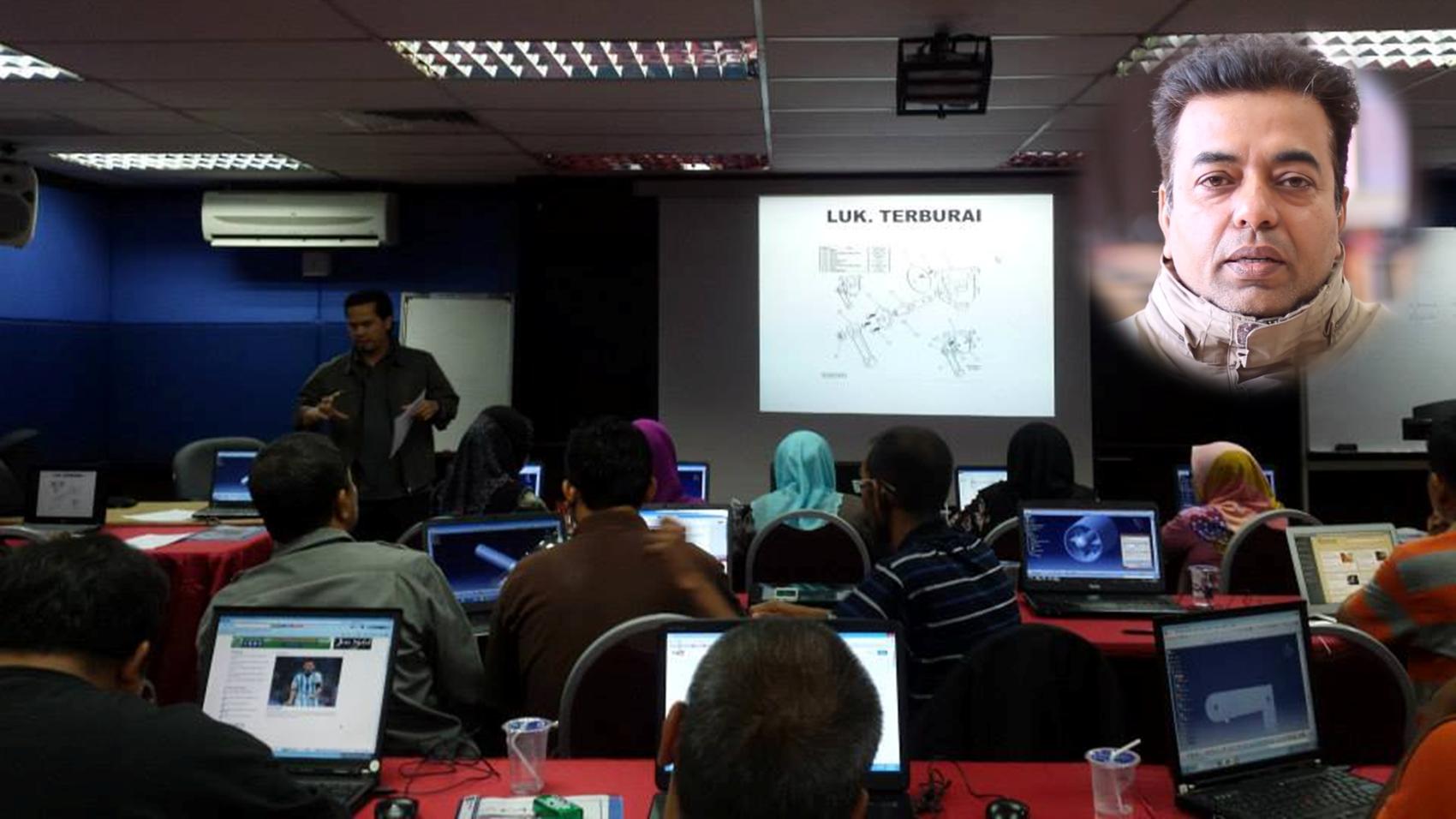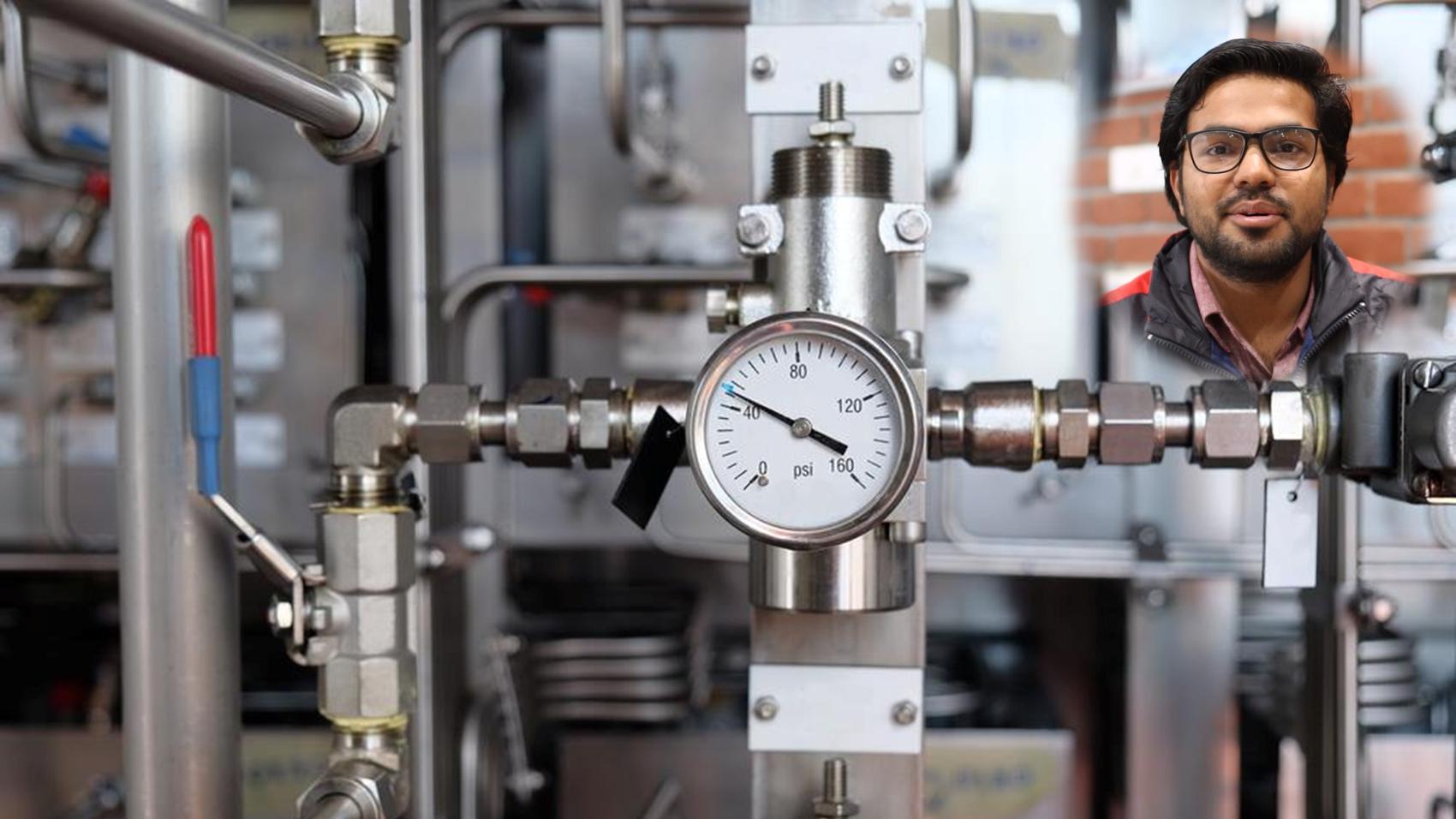Mechanical Engineering
Vidhu Gairola | Director | RESCOWhat is Mechanical Engineering?
There are many nuances of a Career in Mechanical Engineering. One should first understand What a Career in Mechanical Engineering entails before investing time and effort to figure out How to start a Career in Mechanical Engineering. While anyone can have an opinion on what Mechanical Engineering entails; only a real professional can really explain it.
Director Vidhu Gairola invested 49 years in Mechanical Engineering. Director Vidhu Gairola describes Mechanical Engineering as:
Mechanical engineering is a diverse subject that derives its breadth from the need to design and manufacture everything from small individual parts and devices (e.g., microscale sensors and inkjet printer nozzles) to large systems (e.g., spacecraft and machine tools). It works on the principle of physics and material sciences. It is used for analysis, design, manufacturing and maintenance of mechanical systems. It involves the production and usage of heat and mechanical power for design, production and operations of machines and tools.
How Director Vidhu Gairola got into Mechanical Engineering?
I have 40+ years of experience in rotating equipment and I have participated in selection of pumps for Alaskan Pipeline Project. I have also provided a working solution to the Central Coolant Filtration System at General Motors, which had been a major obstacle in keeping the system operating optimally.
Director Vidhu Gairola's Talk on Mechanical Engineering |
|
| Starts with what is: | |
| 1) | Mechanical Engineering |
| Next, it covers Education. We all know that only 10% of what is taught in Mechanical Engineering is actually used in real life. The Education section of the Talk clearly explained what is the 10% needed in Mechanical Engineering. It explains Education needed in Mechanical Engineering with these items: | |
| 2) | Physics |
| 3) | Chemistry |
| 4) | Maths |
| 5) | Engineering Drawing |
| 6) | Computers |
| 7) | Production Management |
| Then, the Talk focuses on the most important component that is Skills. 90% success in Mechanical Engineering depends on Skills. It is crucial to understand these. Here is a list of Skills required for Mechanical Engineering: | |
| 8) | Willing to dirty your hands |
| 9) | Interpersonal Relationship |
| 10) | Logical Thinking |
| 11) | Creativity |
| 12) | Communication Skills |
| There are great positives of Mechanical Engineering. The Talk discusses following Positives of Mechanical Engineering: | |
| 13) | Diverse Application |
| 14) | Opportunity to take initiative |
| 15) | Application in day to day life |
| 16) | Key to development of society |
| After a discussion on Positives, Challenges complete the caricature of Mechanical Engineering: | |
| 17) | Theory VS Practice |
| 18) | Inadequate Education |
| 19) | Lack of Recognition |
| 20) | Blindly following old practices |
| In the final section of the Talk, Vidhu Gairola talks about How a day goes in a Career in: | |
| 21) | Mechanical Engineering |
Install the LifePage App to:
- (for Free) Watch Director Vidhu Gairola’s full Mechanical Engineering Career Talk
- (for ? 100 or ? $ 1.4) Do a Self Assessment on Mechanical Engineering to calculate your Dream Index, which is defined as:
According to Vidhu Gairola your chances of success in Mechanical Engineering is __%
- Access your personalized Dream Index Report which will have all your Dream Indices sorted in descending order.


How to get into
Mechanical Engineering?
If you are want to get into Mechanical Engineering, start by investing in a Career Plan.
The 14 hour process, guided by a LifePage Career Advisor, will help you introspect and check whether your interest in Mechanical Engineering is merely an infatuation or is it truly something you wish to do for the rest of your life.
Next, your Career Advisor will help you document how you can get into Mechanical Engineering, what education and skills you need to succeed in Mechanical Engineering, and what positives and challenges you will face in Mechanical Engineering.
Finally, you will get a Career Plan stating which Courses, Certifications, Trainings and other Items you need to do in the next 7 years to become world’s best in Mechanical Engineering.
LifePage Career Plan
14 hour personalized guidance program


Your LifePage Career Advisor facilitates your guided introspection so that you systematically explore various Career options to arrive at a well thought out Career choice.
Next: your Advisor helps you figure out how you will get into your chosen Career and how will you develop the skills needed for success in your Chosen Career.
LifePage Plan will not stop at saying "to become an Architect study Architecture". It will guide you on which Certifications, Trainings and Other items you need to do along with your Architecture education to become the world's best Architect.
Links for this Talk
LifePage Career Talk on Mechanical Engineering

[Career]
https://www.lifepage.in/careers/mechanical-engineering

[Full Talk]
https://lifepage.app.link/20170117-0001

[Trailer]
https://www.youtube.com/watch?v=qGvF7EFbL5Q
(Mechanical Engineering, Vidhu Gairola, RESCO, Maintenance Engineer, Research & Development Engineering, Production, Manufacturing, Machine Design, Production Engineering, Structural Engineering)
Similar Talks

Mechanical Engineering
Girish Chandra Budhalakoti
Chief Mechanical Engineer | Indian Railways
Chief Mechanical Engineer | Indian Railways
[ 36 years & 11 months Experience ]
Mechanical engineering is the discipline that applies engineering, physics, and materials science principles to design, analyze, manufacture, and maintain mechanical systems. It is the branch of engineering that involves the design, production, and operation of machinery.
"After doing my graduation and post graduation in Mechanical Engineering from IIT Roorkee, I joined Indian Railways in 1982 and worked as Chief Mechanical Engineer."




|

|
Rotating Equipment consists of pumps, compressors, turbines and accessories related to them. The study of maintenance, increasing efficiency, reliability and their working hours comes under Rotating Equipment Engineering. Few of the universities have started the professional degree for this course.
"I have 40+ years of experience in rotating equipment and I have participated in selection of pumps for Alaskan Pipeline Project. I have also provided a working solution to the Central Coolant Filtration System at General Motors, which had been a major obstacle in keeping the system operating optimally."




|

|
Mechanical engineering is the discipline that applies engineering, physics, and materials science principles to design, analyze, manufacture, and maintain mechanical systems. It is one of the oldest and broadest of the engineering disciplines.
"I have done Bachelors in Mechanical Engineering from Pune. Post that I did Masters in Mechanical Engineering from UPTU, Lucknow. I am also pursuing his Ph D in Engineering from DIT University. I have been teaching in DIT University since 1998. I am Assistant professor at DIT University and teach Automobile Engineering, Product Designing & Theory of Machines."




|

|
Thermal fluids or Thermofluids is a branch of science and engineering which consists of two words "thermal", meaning heat, and "fluids", which refers to liquids, gases and vapors. Pressure, volume, and density all play an important role in thermal fluids.
"I have done B Tech in Mechanical Engineering from JSS, Noida. Post that, I worked at Prag as Industrial Engineer for some time, before deciding to go for Masters. I then did M Tech in Fluids Engineering from MNNIT, Allahabad. I have also done courses in CATIA & CFD. I have cleared GATE 4 times, from 2014-2017. I am Assistant professor at DIT University since 2017."




|

|
[Install the LifePage App to access all Talks]





